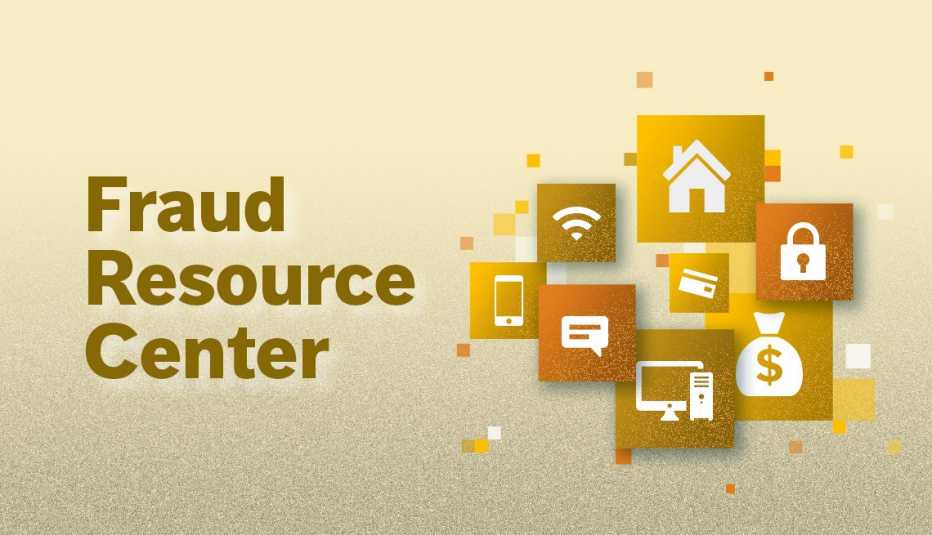AARP Hearing Center
An Austin, Texas, man claimed he was raising money to help presidential hopefuls through candidate contributions and get-out-the-vote efforts.
Kyle Gerald Prall, 40, raised more than $500,000 for Democratic and Republican candidates in the run-up to the 2016 election — and spent less than a penny on the dollar on political causes, federal prosecutors say.
Instead, Prall, who in October was sentenced to three years in prison, blew through some of his windfall on travel to Belize and Miami Beach, liquor, lap dances, room service, a deep-tissue massage and even a pet-cleaning fee, they say.
His racket? He set up several political action committees (PACs), which were scams.
A Department of Justice (DOJ) official warns that more bogus committees could surface as next year's election nears.
Thousands of registered committees
There are more than 7,000 PACs registered with the Federal Election Commission (FEC) in Washington. They are created to raise and spend money to elect or defeat candidates for federal office and raise money for political parties. They are not charities, and contributions are not tax-deductible. PACs with names that sound like charities are legal if they spend money on political activity, such as donating to candidates who support the cause or pushing for legislation that does.
Sham PACs may purport to fight for Republicans or Democrats, support firefighters or help children suffering from disease. But when a con artist is at work, little to none of the contributions raked in are spent on the stated purpose.
Older Americans, many politically active, should be vigilant before writing a check or donating online, observers say.







































































